If you’ve ever had that burning feeling rising from your chest or throat, you know how uncomfortable acid reflux can be.
Sometimes it hits after a heavy meal, other times it sticks around more regularly— either way it can really mess with your day (or night).
Many people try natural remedies to find relief, and herbal teas are one of the most popular choices.
However, not all herbal teas are good for your reflux. Certain herbal teas can even make the symptoms worse in some people. That’s why it’s so important to know which herbal teas are gentle on your stomach and can help soothe your symptoms.
Let’s explore 7 best herbal teas for soothing acid reflux naturally and learn how they can ease symptoms and support better digestion.
1. Ginger Tea:
Ginger is well-known for its digestive health benefits— it’s been used for centuries to relieve nausea, indigestion, and upset stomach.
Thanks to its natural anti-inflammatory benefits, ginger may help calm your digestive and ease acid reflux symptoms.
It also promotes gastric emptying, meaning food leaves your stomach more quickly—this can help reduce acid reflux symptoms.
It may also help relax your stomach muscles and reduce contractions, which can prevent acid from flowing back into your esophagus (food pipe).
To enjoy its health benefits, try steeping a few thin slices of ginger in hot water for around 10 minutes. If you like, you can also add a bit of honey or lemon for extra flavour.
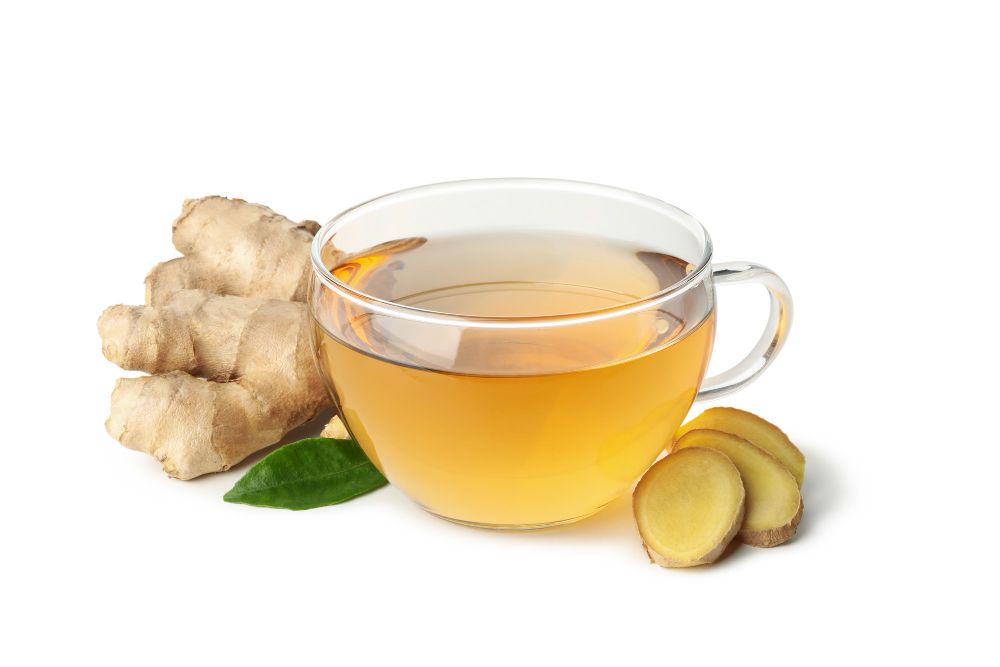
2. Chamomile Tea:
Chamomile is well-known for its calming and relaxing effects. But it’s also great for soothing digestive discomfort.
Its natural anti-inflammatory effects may help calm irritation in your stomach lining.
It also helps reduce stress, which can be especially helpful if stress is one of the triggers for your acid reflux.
Try sipping a warm cup of chamomile tea about 30 to 60 minutes after meals or before bed to help reduce nighttime reflux and support better sleep.
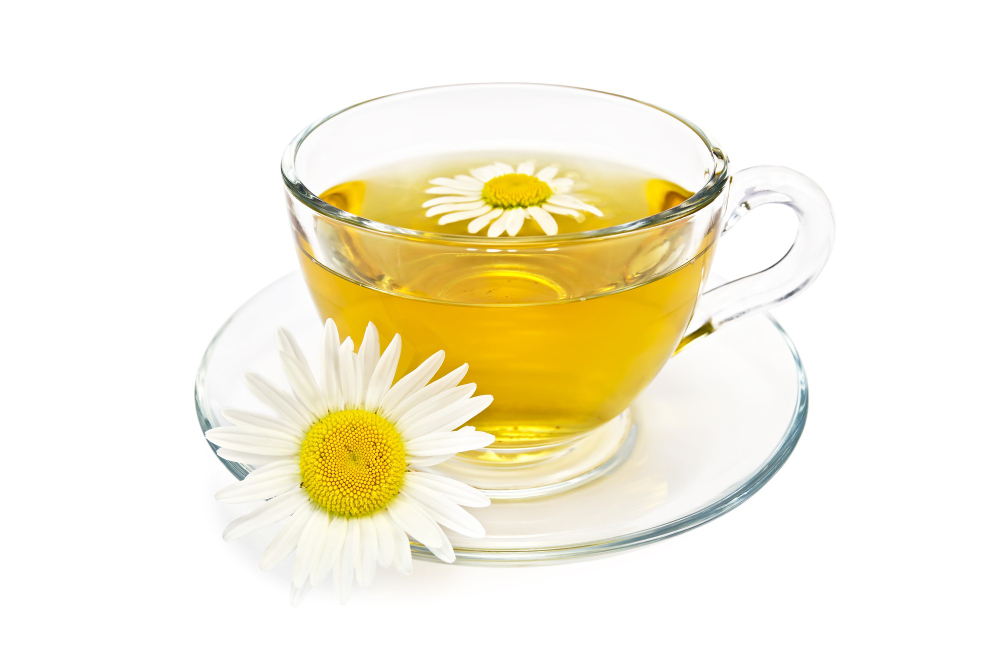
3. Licorice Tea:
Licorice root—especially its deglycyrrhizinated form—is a go-to herbal remedy for many people with acid reflux.
It may help increase the production of mucus that lines your stomach and esophagus, which protects against acid irritation.
It has natural anti-inflammatory properties and is commonly used to relieve nausea, indigestion, and heartburn.
If you’re trying this one out, go for DGL licorice tea blends (they’re gentler) and enjoy a cup after meals.
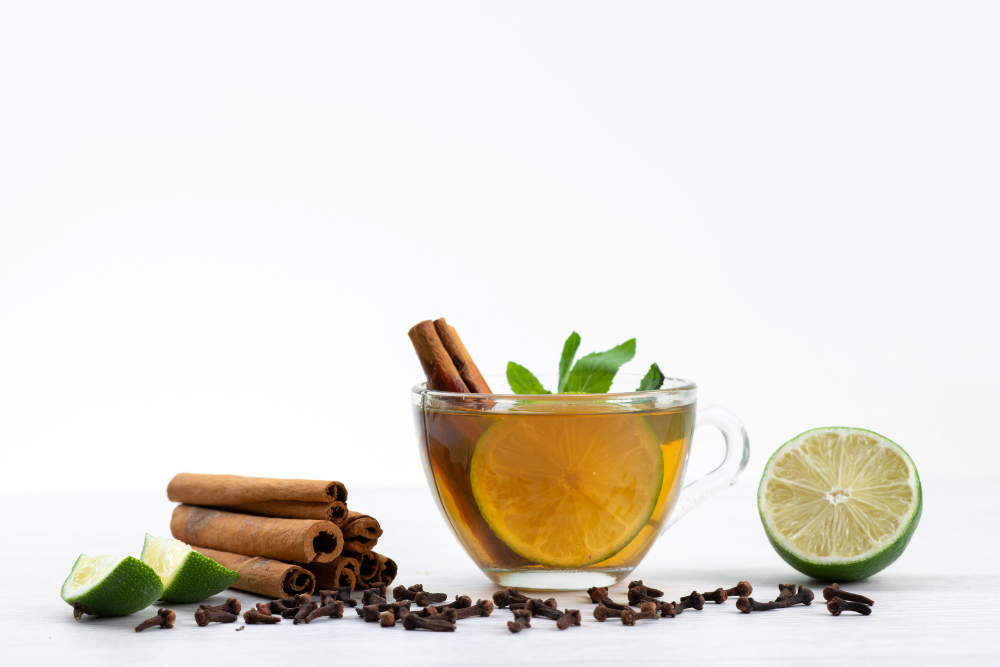
4. Slippery Elm Tea:
The inner bark of slippery elm has long been used as a herbal remedy, especially for digestive issues.
It’s rich in mucilage which gives slippery elm its soothing and protective properties. When mixed with water, it forms a gel that coats the throat and stomach lining, providing a soothing effect.
It also helps boost mucus production, which can reduce irritation in stomach and esophagus— making it a helpful option for those with chronic acid reflux or GERD.
You’ll usually find it in powder form or tea bags. Have a cup after meals or before bed when your stomach needs a little comfort.
Just a heads up: if you’re taking any medicines, slippery elm can interfere with their absorption. To be safe, take it at least one hour after taking any other medication.
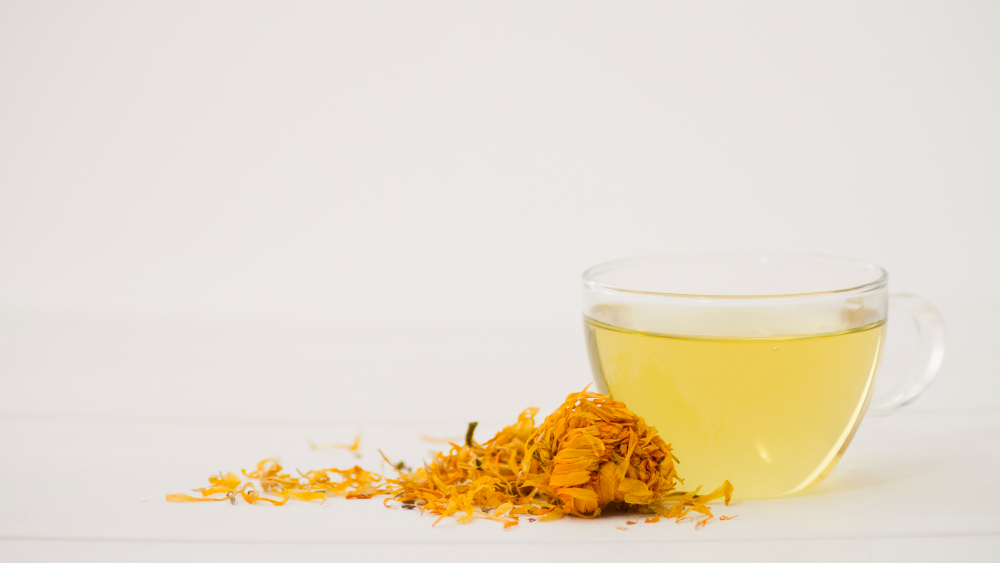
5. Marshmallow Root Tea:
Marshmallow root has been used for centuries to soothe sore throats and irritated mucus membranes.
Similar to the slippery elm, marshmallow root forms a soothing gel-like coating in your digestive tract. This can help ease the burning sensation of acid reflux and support healing over time.
Steep dried marshmallow root in hot water for 10 to 15 minutes. It has a mild, slightly sweet, earthy taste and you can sip it a few times a day.
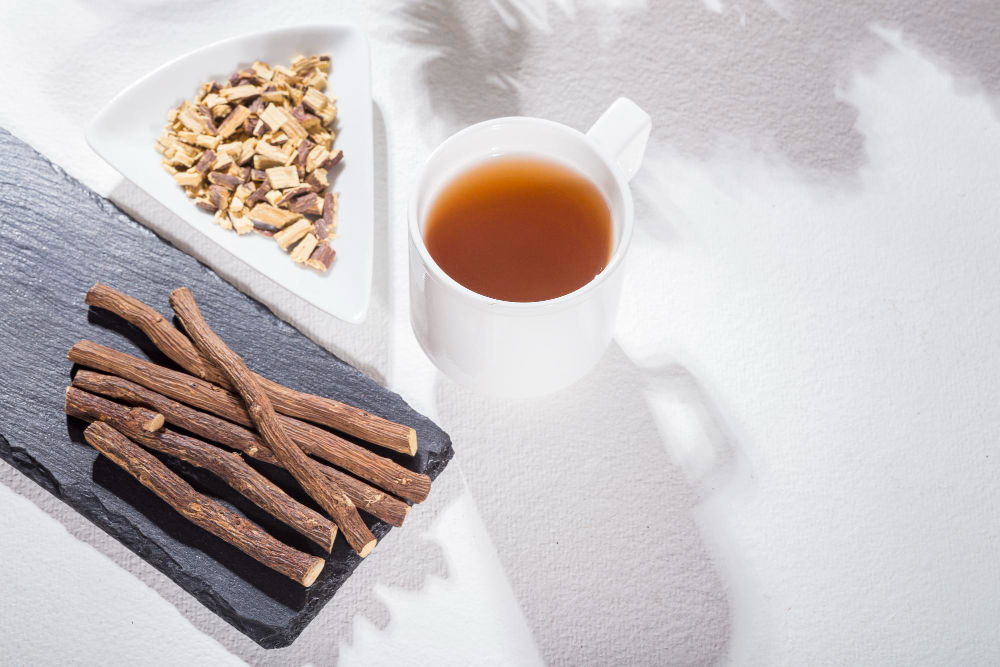
6. Turmeric Tea:
Turmeric is a powerful anti-inflammatory spice that may help reduce inflammation in the gut and support overall digestion.
You’ve probably heard of turmeric as a go-to for joint health and immunity. But it can also help calm your digestive system.
It has anti-inflammatory and antioxidant properties and is often used for GI issues like stomach ulcers and heartburn.
Steep about a teaspoon in hot water then add a little honey or lemon to taste, and sip it warm.
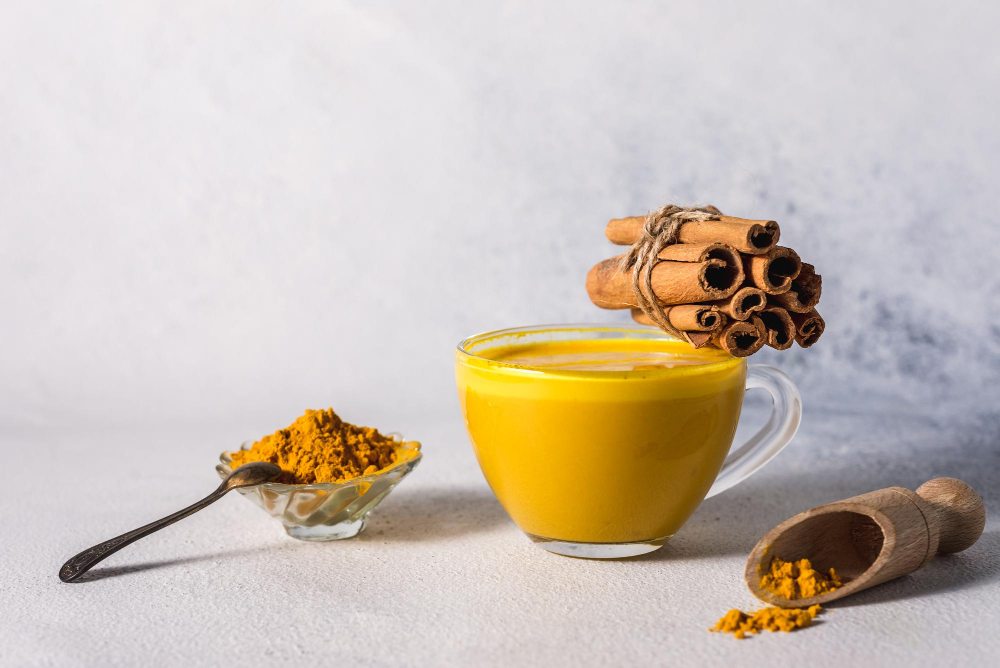
7. Fennel Tea:
Fennel has a naturally sweet, licorice-like flavour, that makes a tasty tea—and is long being used to ease digestion.
It can help relax the GI tract, reduce gas, and ease bloating—all of which may ease pressure in the stomach and help with acid reflux.
Fennel seeds have anti-inflammatory properties and may also help maintain balanced pH levels in the stomach.
Brew crushed fennel seeds or use a fennel tea bag to make fennel tea. Drink a cup after a meal to support smoother digestion.
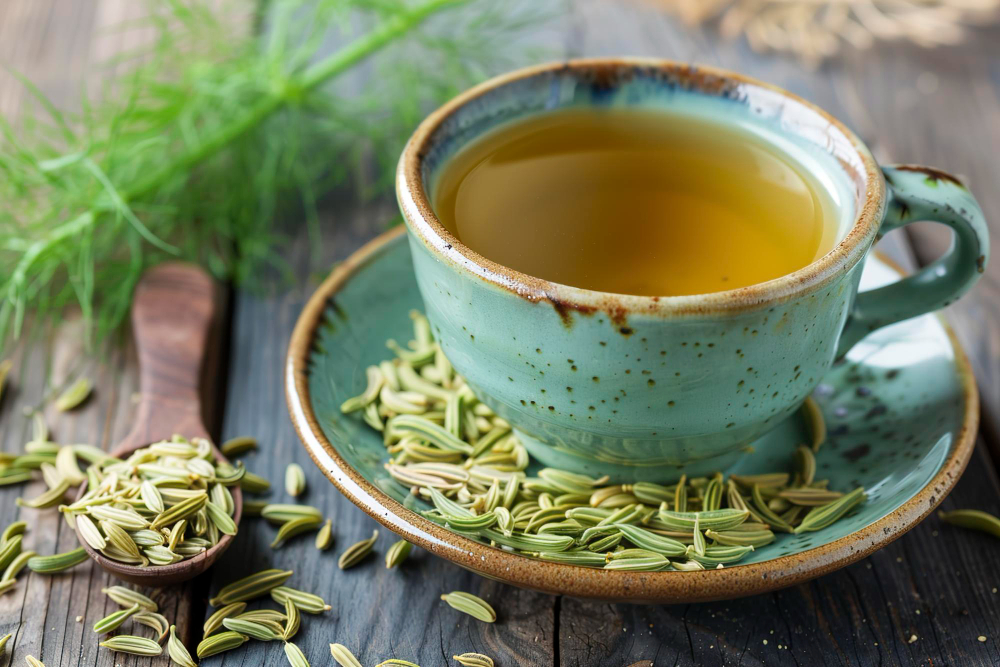
The Bottom Line:
When it comes to soothing acid reflux naturally, a warm cup of right herbal tea can go a long way. Whether you choose ginger, chamomile, or slippery elm, the key is moderation.
What works for one person might not work for another—so give a few a try and find your perfect cup.
Herbal teas can help, but if your reflux is severe or keeps coming back, it’s a good idea to check in with your doctor. These teas can be a great complement, but they’re not a substitute for medical treatment.








